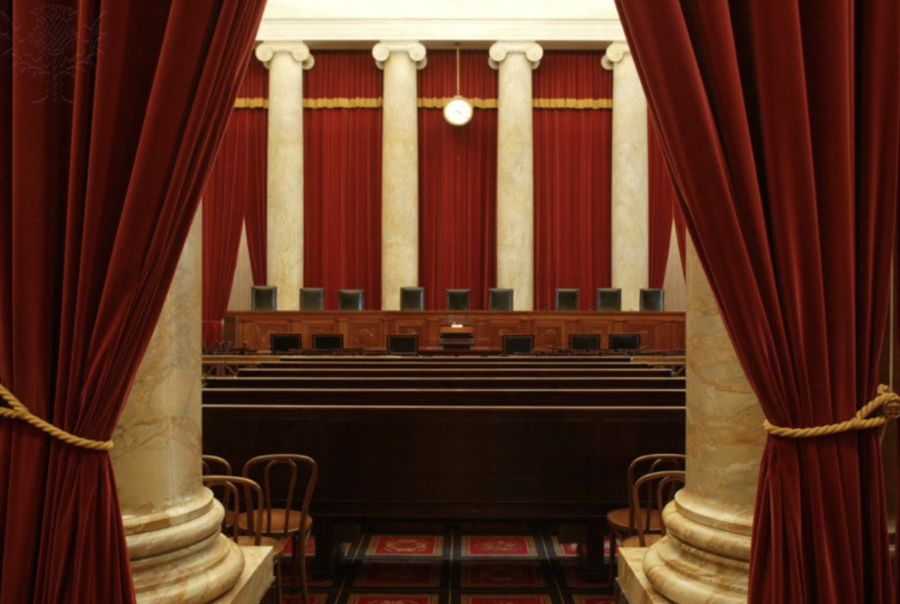Kyle Rittenhouse: A look at the inner workings of the trial
Image of a court room.
On the night of August 25, 2020, now 18-year-old Kyle Rittenhouse illegally traveled across state lines with an AR-15 style assault rifle to Kenosha, Wisconsin to join a militia to “defend” against protestors.
Soon after this, he killed two of the protestors and injured one.
An early decision
One of the most debated topics before the trial was whether or not to call the men he shot “victims.”
Some are committed to these individuals being called “rioters.” These individuals fully believe that Rittenhouse didn’t attack them unprovoked, as he was “defending” private property from them.
However, others will back up the protestors who were injured and killed, stating that the men were peacefully protesting, and Rittenhouse killed them out of hate for the cause.
Odds are, the true reality of this won’t be discovered until the trial is well underway, due to the unraveling of events by the American criminal justice system.
According to Government Teacher Megan Boimann-Hennies, much of the criminal justice system relies on ‘self-defense” claims.
“This is a long-standing precedent of this particular judge [Judge] Schroder to limit the use of that term, particularly in self-defense cases.”
The word “victim” is defined as a person harmed, injured, or killed as a result of a crime, according to the Oxford Dictionary. Due to this definition, it ultimately doesn’t matter if these individuals are a criminal or old lady, they can still be considered a victim.
However, many states in the U.S. have “Stand Your Ground” laws that allow people to use deadly force if they feel threatened. If there was a law in place, the defense would be able to call the protesters, “assailants.”
Unfortunately for Rittenhouse, due to the fact that he was in Wisconsin at the time, this state does not have this law in place. Due to this, the actions he acted in can be considered a crime, and the men he shot could legally be considered “victims.”
Why has this happened?
There was an article by the New York Times, in which the author said this.
“Judge Schroeder’s rule on the word “victim” is not the norm in Wisconsin courtrooms, but it is not unheard-of.”
Washington Post writer and former prosecutor Paul Butler wrote an opinion piece regarding Judge Schroeder’s decision. He even went as far as to bring up the question of impartiality.
“Schroeder seems to consistently bend over backward in favor of the defense — raising serious questions about his impartiality.”
The judge, Bruce Schroeder stated this in regards to his decision.
“The word ‘victim’ is a loaded, loaded word. And I think ‘alleged victim’ is a cousin to it.”
Judge Schroeder’s decision is not unprecedented but has sparked wide controversy over this subject. When the trial wraps up this week, the world will see the impact of this decision.
11/19/21 UPDATE: Today, Kyle Rittenhouse was found not guilty on all charges.
Your donation will support the student journalists of Highlands High School. Your contribution will allow us to cover our annual website hosting costs.



